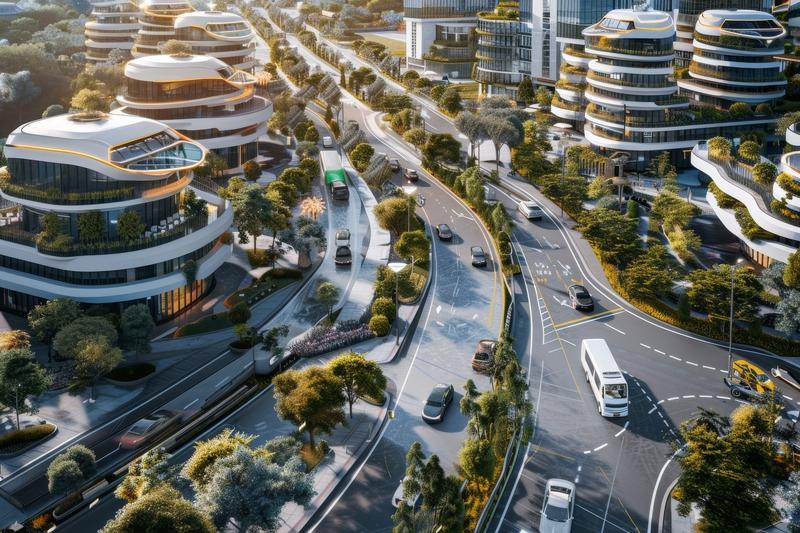WSP/Parsons Brinckerhoff is to develop a transportation improvement strategy (TIS) to address existing congestion and physical/geometrical issues as well as projected future development on the North Shore of Staten Island. The study, which emerges from the recommendations developed as part of the North Shore 2030 Plan, will be carried out on behalf of the New York City Economic Development Corporation, the New York City Department of City Planning and the New York City Department of Transportation.
The s
The study, which emerges from the recommendations developed as part of the North Shore 2030 Plan, will be carried out on behalf of the New York City Economic Development Corporation, the New York City Department of City Planning and the New York City Department of Transportation.
The study area encompasses the three main arteries connecting Staten Island’s busiest neighbourhoods to most of the borough’s popular destinations. These corridors lead to four large development projects on the North Shore, as well as to the borough’s main transportation hub, the St. George Ferry Terminal. In addition, the Bay Street corridor runs through the area targeted by the city for a neighbourhood re-zoning plan with the goal of creating new housing opportunities.
The arteries have limited capacity and are irregular in their design, and there is community concern that future development will add to existing congestion in the area. The study will recommend improvements related to addressing the demands exerted by new development, and the need for improved mobility and safety, and will establish strategies for transportation improvements for all modes, including pedestrian, ferry, bus, bicycle, and motor vehicles. Existing transportation challenges will be identified, as well as challenges and opportunities anticipated in the near future.
The final TIS document is expected to be completed in summer 2016.






